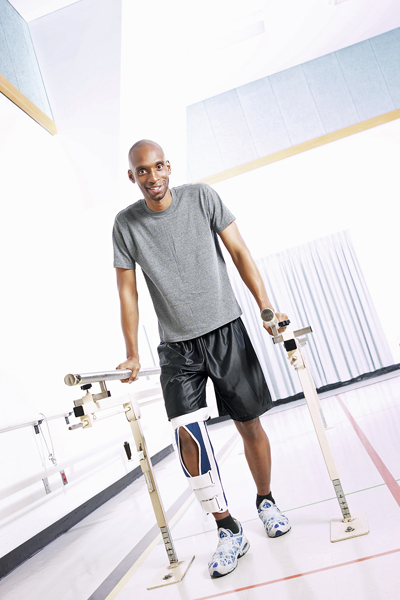Utilizing the Potential of Smart Wellness Trackers to Revolutionize Personal Coaching Performance
Utilizing the Potential of Smart Wellness Trackers to Revolutionize Personal Coaching Performance
Blog Article
Wearable fitness monitors has turned into popular instruments for numerous people interested in improving their health and physical condition. Such devices, often worn on the wrist like a watch, can monitor multiple physical activities, including steps taken, heart rate, and calories burned. With advanced technology, they provide users with real-time information, which can help them take knowledgeable choices about their exercise routines and way of living. Through utilizing the power of these tools, personal trainers can significantly enhance their clients' training results and overall fitness journeys.
One of the main benefits of wearable health trackers is their ability to track physical movement levels during the daily routine. This data assists individuals establish realistic health objectives based on their current movement levels. For example, if a customer notices they only stroll a specific amount of footsteps daily, a personal trainer can help them develop a plan to slowly boost that number. This goal-setting method motivates clients to remain motivated and accountable, which makes it simpler to stick to their exercise routines and reach their targeted results.
In addition to tracking everyday movements, portable health trackers offer important information into a client's well-being metrics. Functions like sport-specific rehab exercises heart rate monitoring and sleep monitoring can give personal trainers with essential information about their clients' overall health. Knowing how a customer's body responds to various workouts can help trainers tailor their programs for optimal effectiveness. For instance, if a tracker shows that a client’s heart rate stays high during light exercises, the trainer link can adjust the intensity or duration of the exercises to guarantee the customer is receiving the most out of their training sessions.
Another benefit of using wearable fitness trackers is the ability to analyze patterns over the long term. Many devices connect with smartphone applications that provide detailed summaries on advancement. Personal trainers can use this information to acknowledge clients' successes and address any challenges they may encounter. When clients can see their progress visually, it can enhance their self-esteem and encourage them to keep working hard. This continuous feedback cycle is crucial for maintaining enthusiasm and encouraging long-term commitment to health objectives.
Lastly, portable health trackers can foster a feeling of community among clients. Many gadgets enable users to connect with friends or participate in challenges, promoting friendly rivalry and assistance. Personal trainers can motivate their clients to participate with these community features, building a network of encouragement and responsibility. This communal aspect can render the health experience more enjoyable and rewarding, ultimately leading to improved outcomes. In conclusion, portable fitness trackers can be effective tools for personal trainers and their clients, changing how individuals view well-being and physical condition.